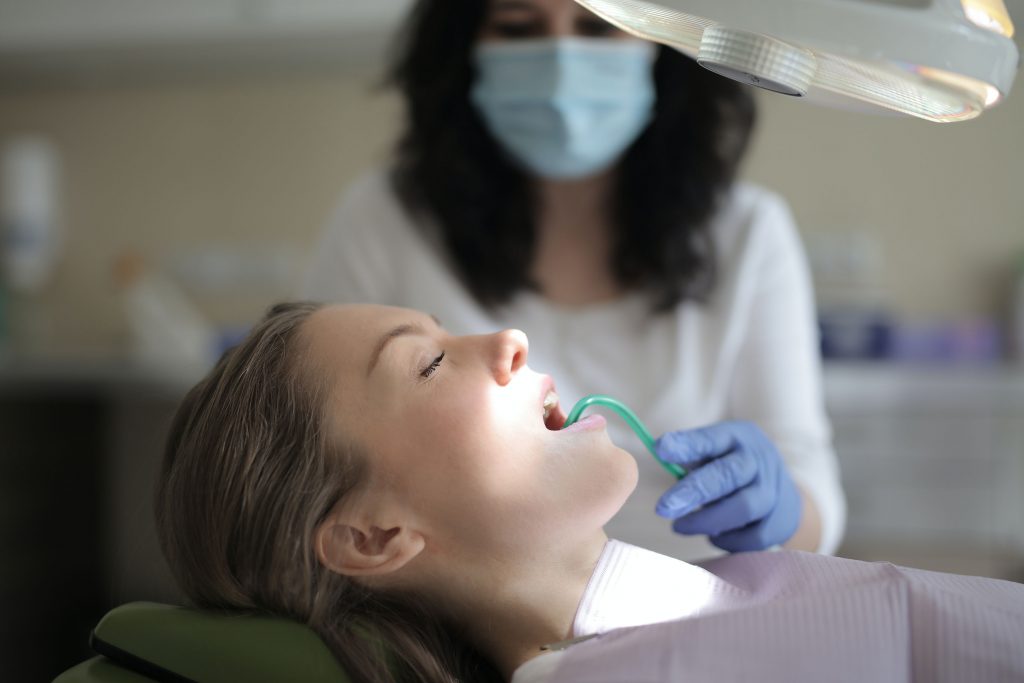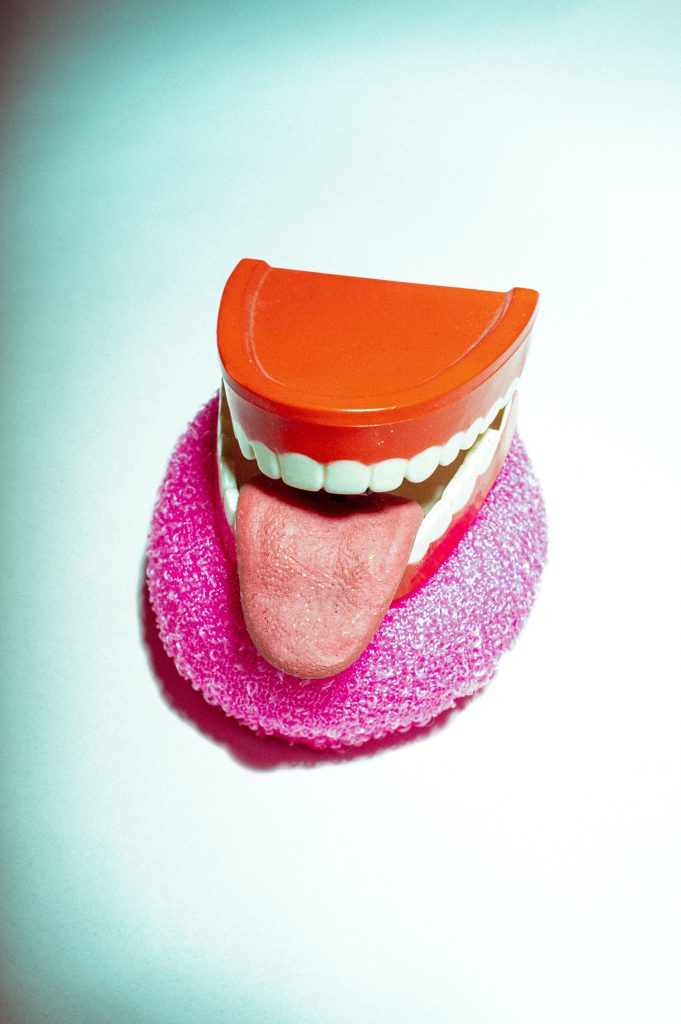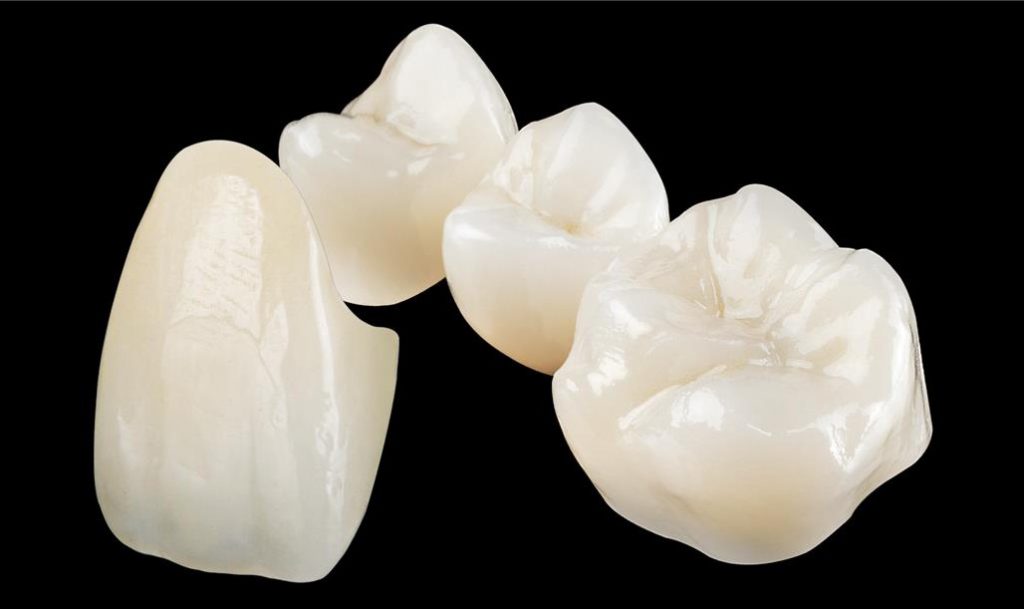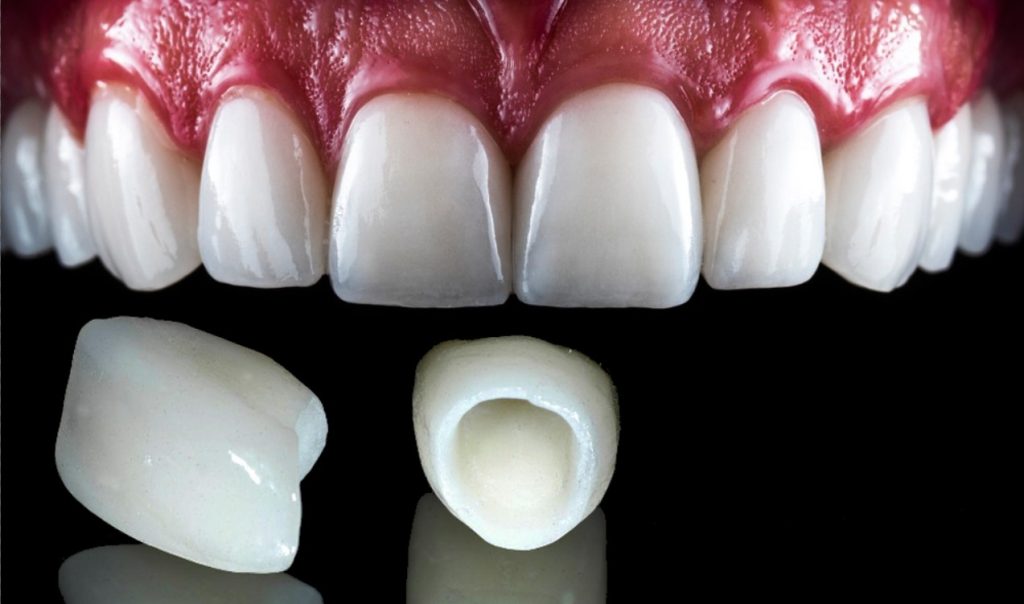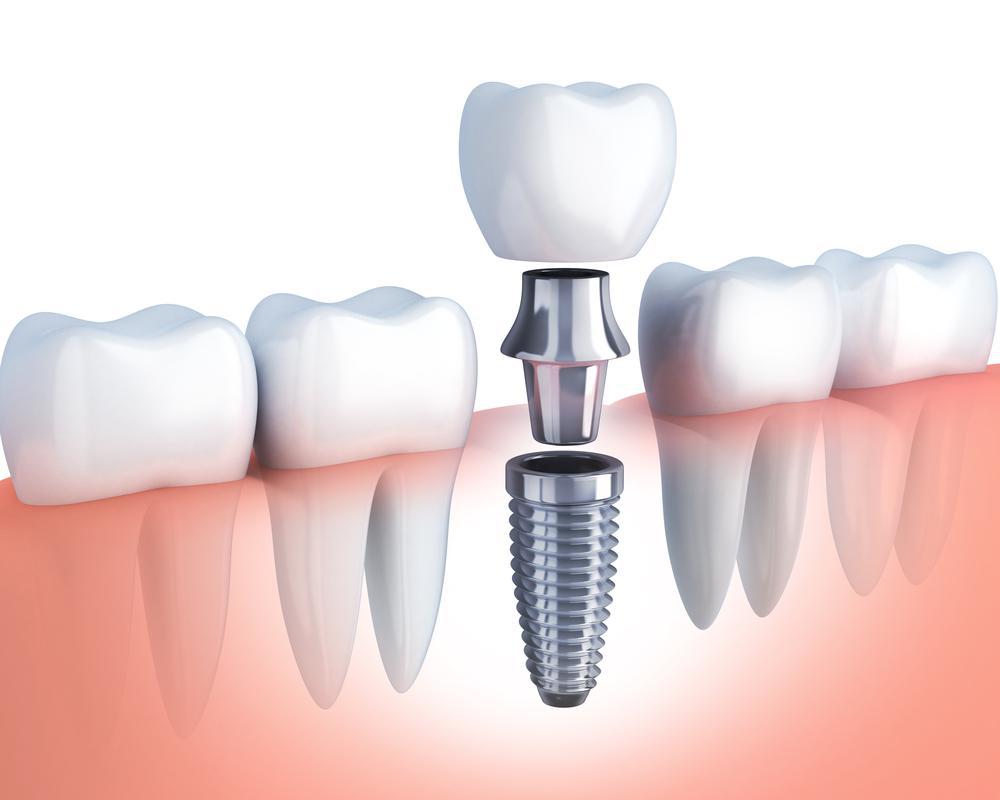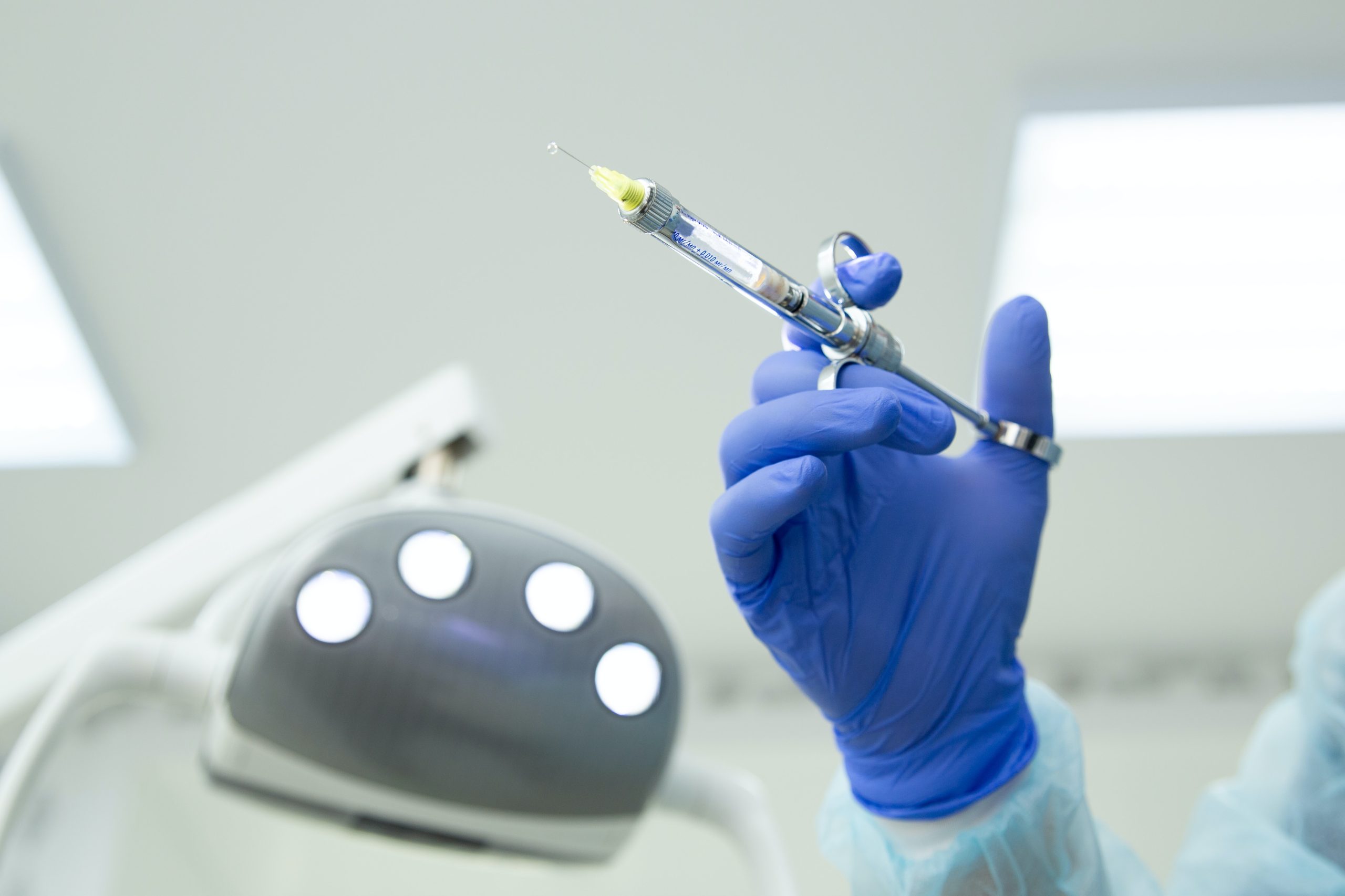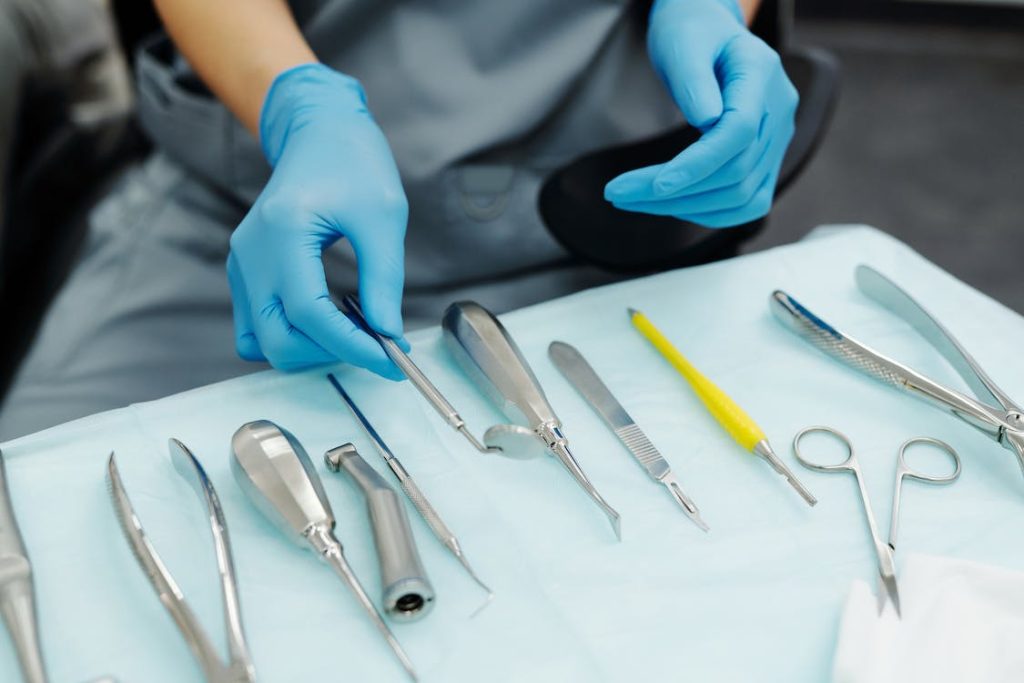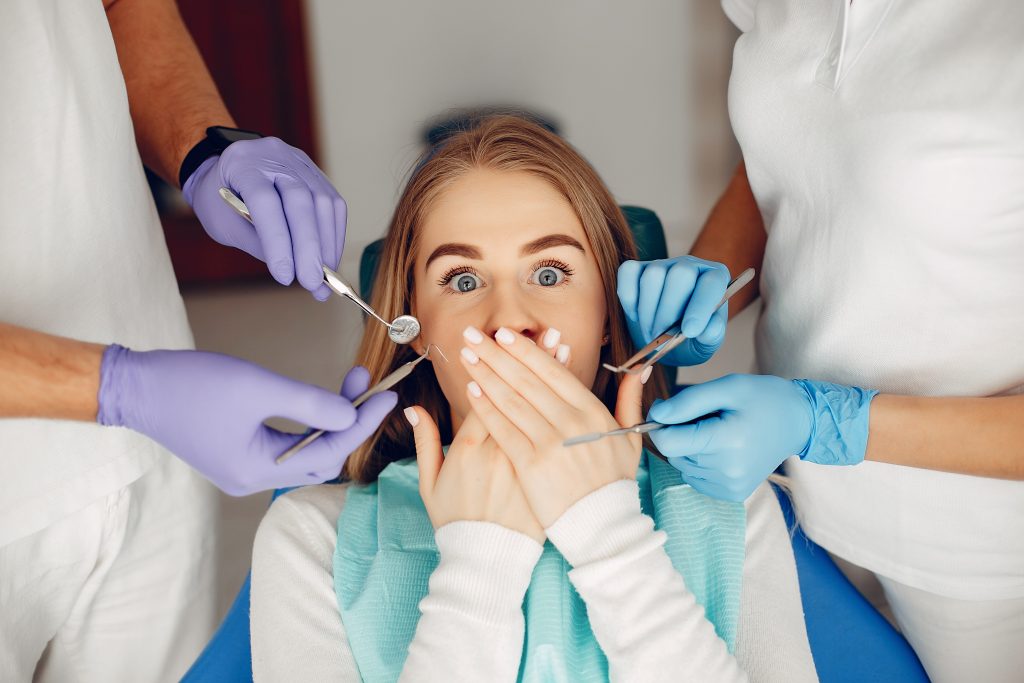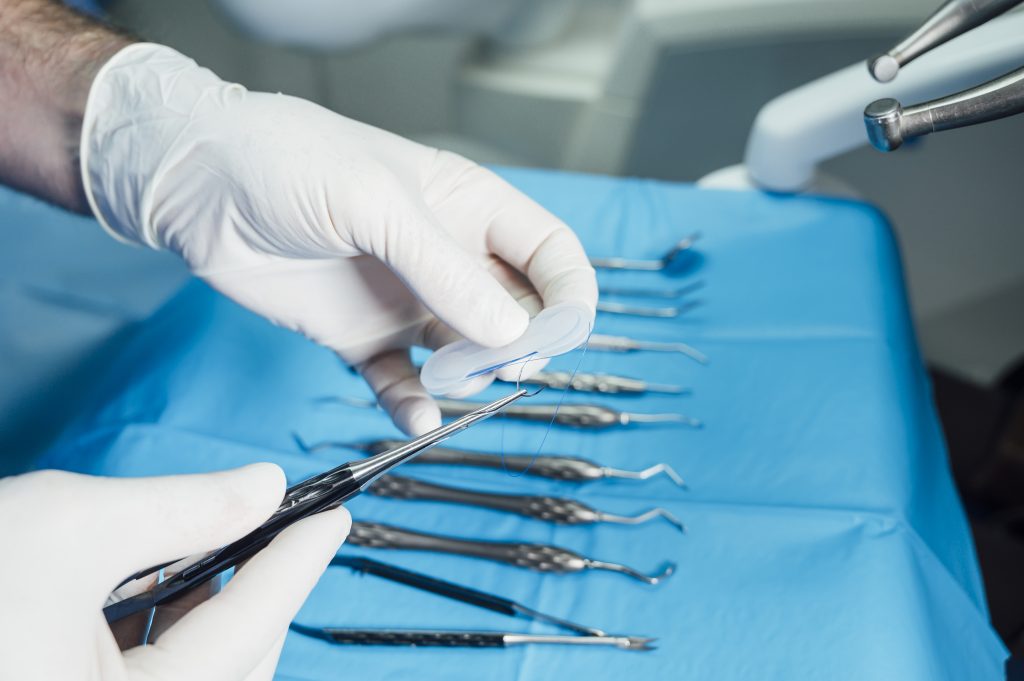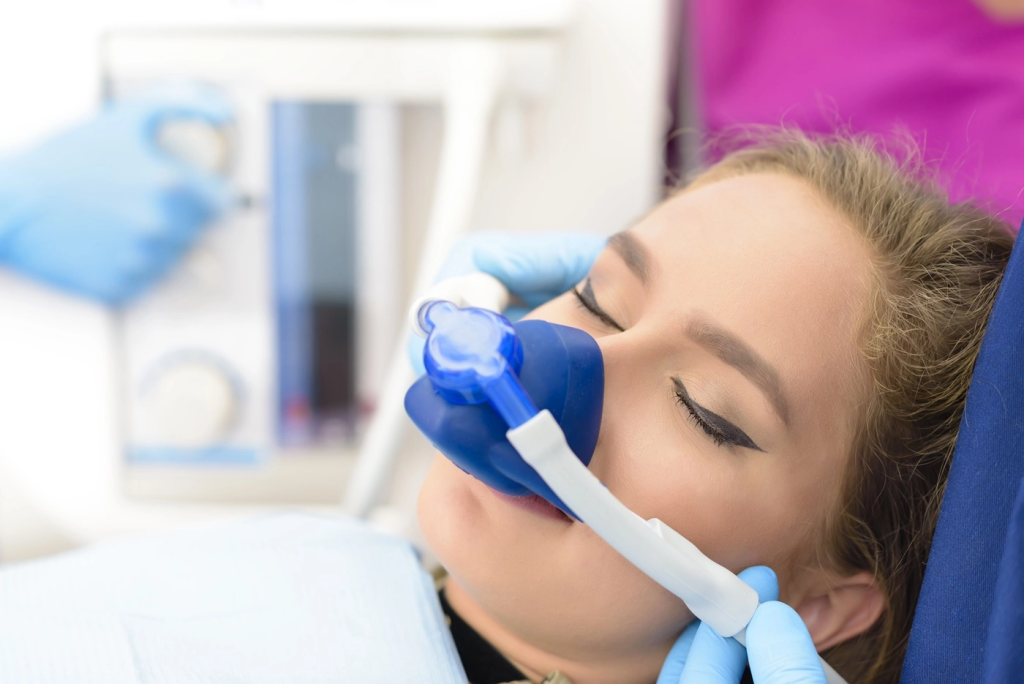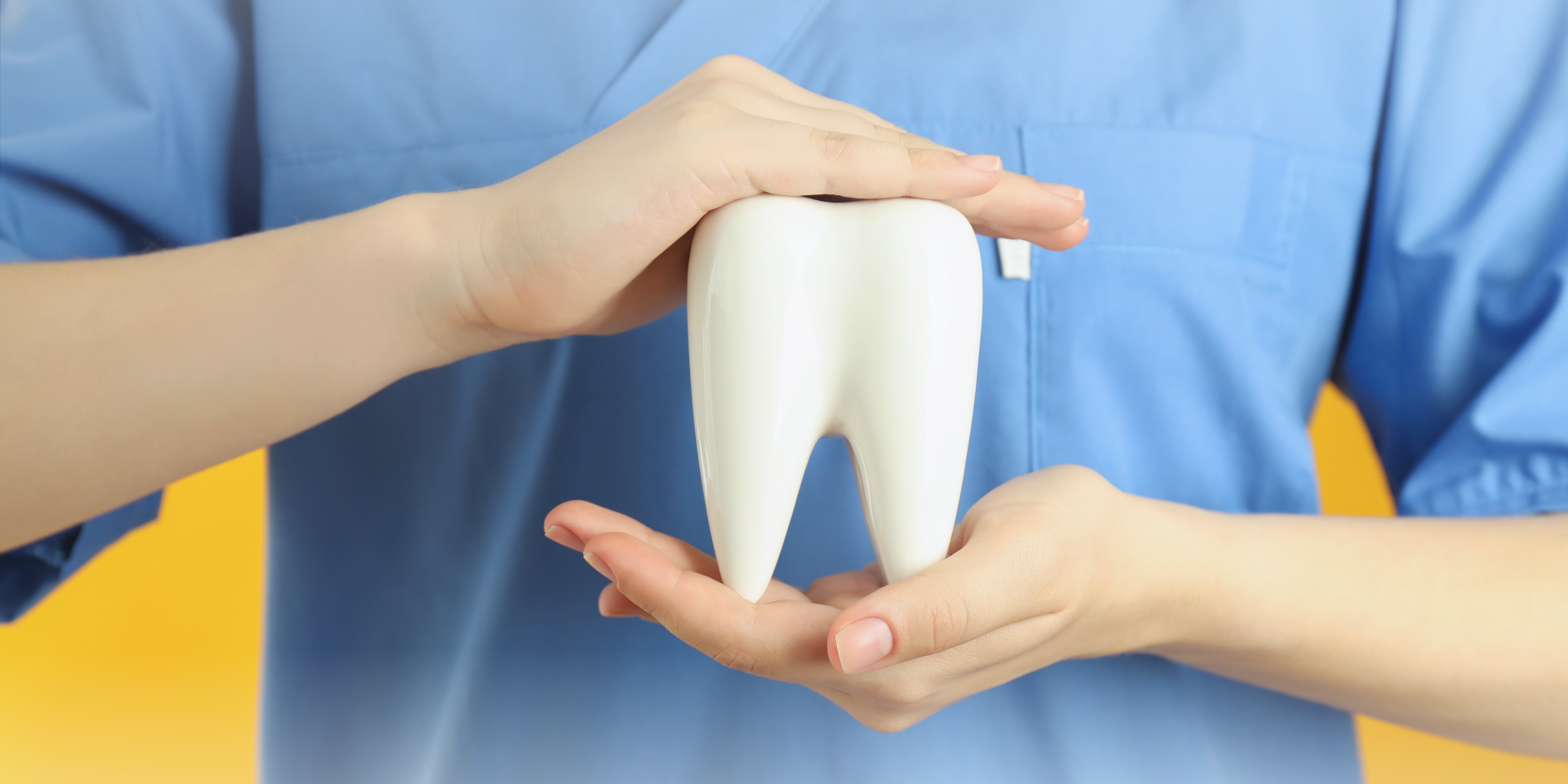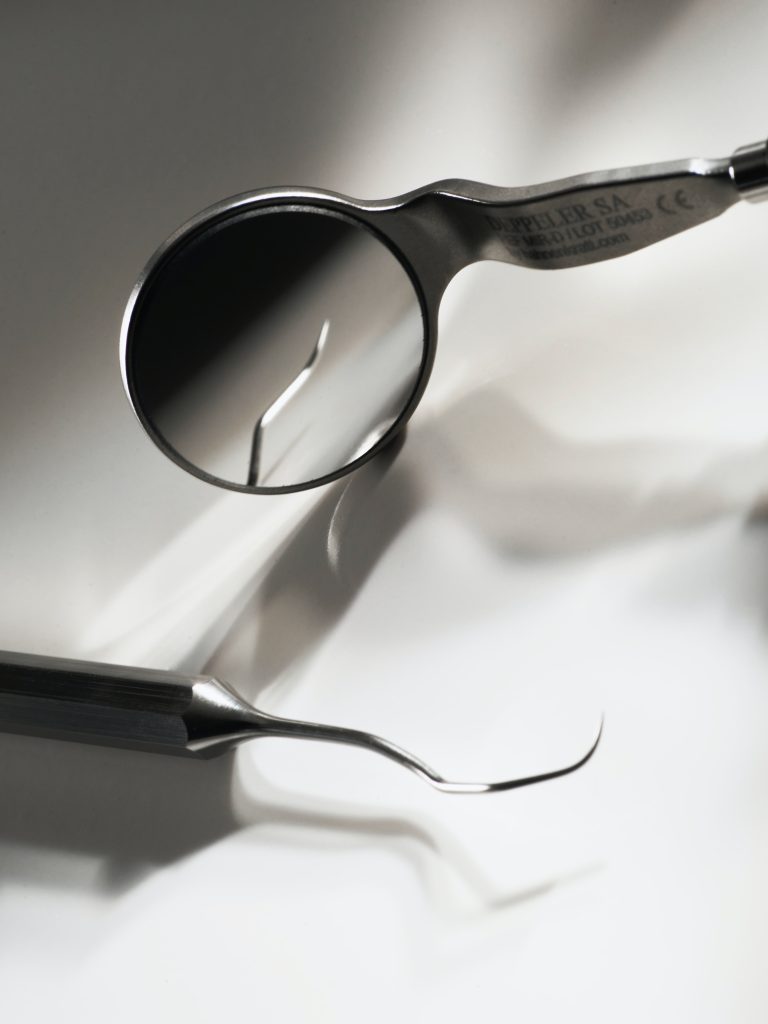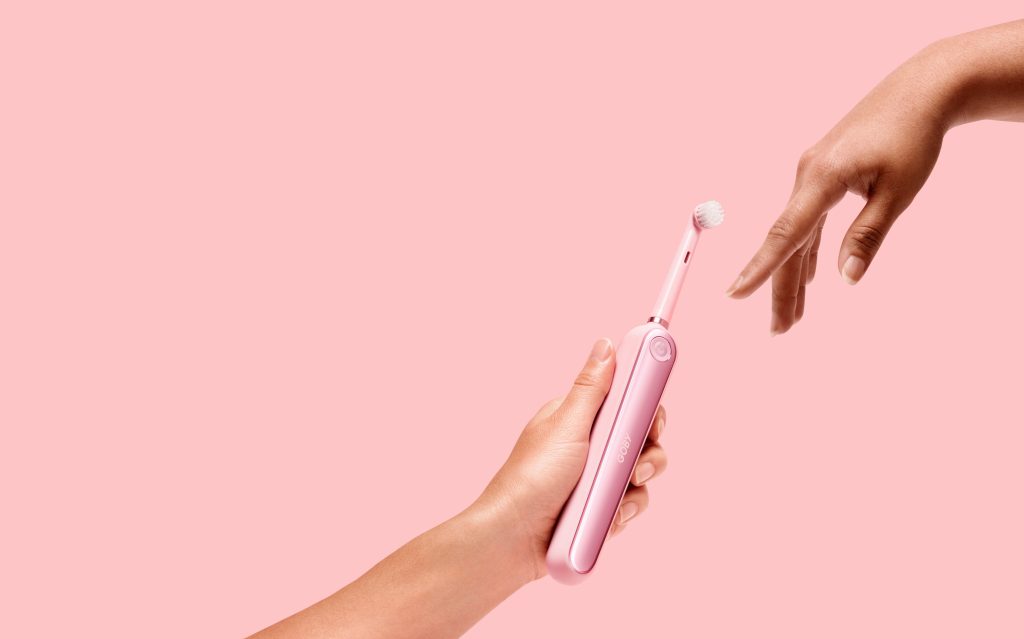Dental Treatment by Acupuncture
Visiting the dentist can be an anxiety-inducing experience for many people. Pain and discomfort are often associated with dental procedures, leaving patients nervous and apprehensive about the treatment. However, there are alternative treatments that can help ease pain and anxiety during dental procedures, and one such treatment is acupuncture. In Alfa Dental Center, you can experience this alternative treatment.

What is Acupuncture?
Acupuncture is a form of Traditional Chinese Medicine (TCM) that has been used for over 2000 years. It involves inserting thin needles into specific points on the body, known as acupuncture points. These points are believed to be connected to specific organs and systems in the body, and stimulating them can help restore balance and promote healing.
In TCM, the body is believed to have a flow of energy, known as Qi (pronounced “chee”). When Qi is flowing freely throughout the body, the body is healthy and balanced. However, when there is a blockage or disturbance in the flow of Qi, it can lead to pain, illness, and disease.
Acupuncture is believed to work by stimulating the body’s natural healing response and restoring the flow of Qi. When a needle is inserted into an acupuncture point, it sends a signal to the brain to release endorphins, which are natural painkillers. It also helps to increase blood flow to the affected area, promotes healing and reduces inflammation.
Acupuncture is a treatment method realized by applying thin needles to the points determined as a result of the evaluations made in the body, which forms the starting point on the basis of ensuring balance in the body. Acupuncture has a name formed by the combination of the words ‘acus’ meaning needle of Latin origin and ‘punctio’ meaning to prick, and an application performed in line with its name. Acupuncture is an application based on the insertion of very thin needles into certain points on the skin and stimulation of these points in order to maintain balance in the body.
Acupuncture is a method with holistic healing power, which has been successfully applied in the treatment of various disorders for thousands of years, but is not used as the only method in the treatment of diseases.
Benefits of Dental Acupuncture
Acupuncture has been used for centuries to relieve pain and promote healing, and it can be an effective treatment for dental procedures. Some of the benefits can be listed like below;
- Action of endogenous pain-relieving substances through the nervous systems
- Providing effect that can reach body balance through hormones
- Faster and more effective results through activation of blood vessels
- Through strengthening immunity, a holistic body healing occurs
- More effective and successful results through muscle relaxation
Also detailed benefits of dental acupuncture include:

1. Pain Relief
Chronic pain is present in about 20% of the adult population. This number increases by 10% every year. Acupuncture is a method with minimal side effects and pain reducing effect on patients. It does this by regulating the nervous system, immune system and hormones in the human body. Stimulation of acupuncture points releases natural endorphins and opioids and relieves pain. However, it is still hypothesized and unproven how acupuncture releases these substances. When electro-acupuncture is applied to the muscles, it increases blood circulation to the tissue and sends impulses to the muscle to function properly. Electro-acupuncture is more commonly used by acupuncturists in the West.
Acupuncture also can help alleviate pain during dental procedures. By stimulating the body’s natural painkillers, it can reduce the need for traditional anesthesia or pain medication. This can be particularly beneficial for patients who are allergic to anesthesia or who prefer not to use medication.

2. Anxiety Reduction
Many people experience anxiety and fear when visiting the dentist. Acupuncture can help reduce anxiety by promoting relaxation and reducing stress. This can help patients feel more comfortable during dental procedures and make the experience less nervous. This way having dental operation fear will be gone and nervous people will be more comfortable.

3. Treatment of TMJ
Temporomandibular joint disorder (TMJ) is a painful condition that affects the jaw joint and can cause headaches, chewing difficulty, and other symptoms. Acupuncture can help reduce inflammation and pain in the affected area, improving overall quality of life for patients with TMJ.

4. Natural Alternative to Anesthesia and Pain Medication
Acupuncture is a natural alternative to traditional anesthesia and pain medication. It does not have the same side effects or risks associated with medication, making it a safer option for many patients.

How Acupuncture Works for Dental Procedures
Acupuncture can be used for a variety of dental procedures, including root canals, extractions, and fillings. During these procedures, acupuncture can be used to ease pain and reduce anxiety.
Before the procedure, the acupuncturist who works with Alfa Dental Center will evaluate the patient’s medical history and current condition to determine the appropriate acupuncture points to use. The acupuncture points used will depend on the location and type of dental procedure will be performed.
Then the acupuncturist will insert thin needles into the selected acupuncture points. The needles are left in place for a specific amount of time, usually between 20-30 minutes. During this time, the patient may feel a mild tingling or numbness in the area where the needles are inserted.
After the treatment, the needles will be removed, and the patient will be free to go home. Patients may experience some mild discomfort or soreness after the treatment, but this usually subsides within a few hours.
The Bottom Line
Dental acupuncture is a safe and effective treatment that can help alleviate pain and anxiety during dental procedures. It is a natural alternative to traditional anesthesia and pain medication, and can be used to treat a variety of dental conditions. If you are interested in exploring dental acupuncture as a treatment option, be sure to consult with Alfa Dental Center’s qualified acupuncturist who has experience working with dental patients. They can help you determine if acupuncture is right for you and create a treatment plan that is adjusted to your individual needs.







